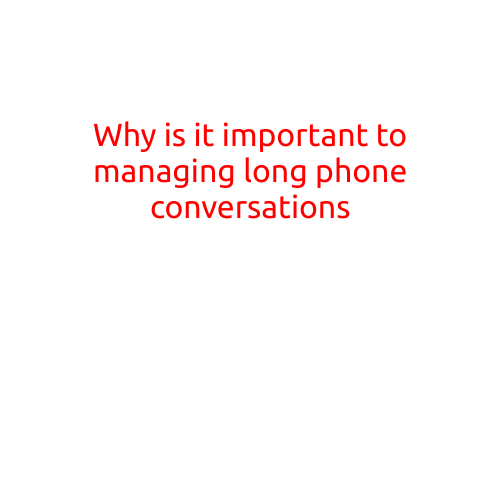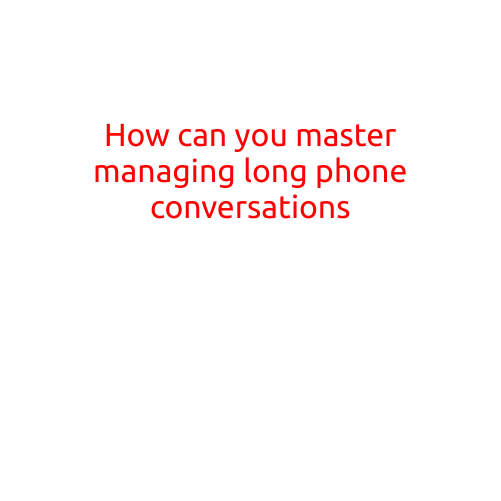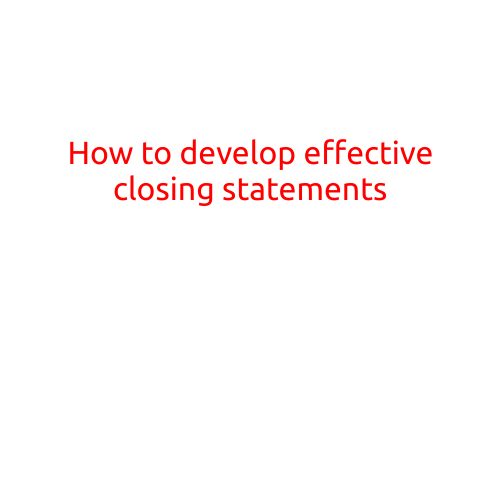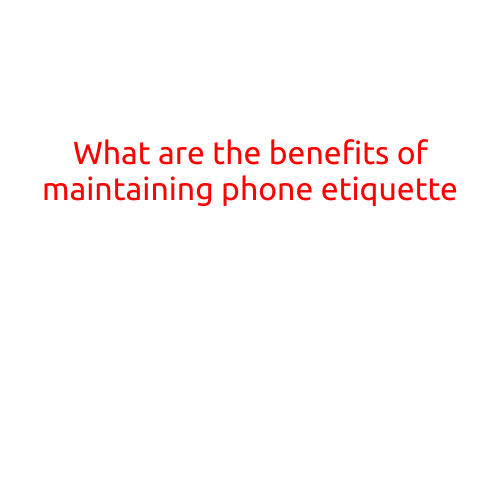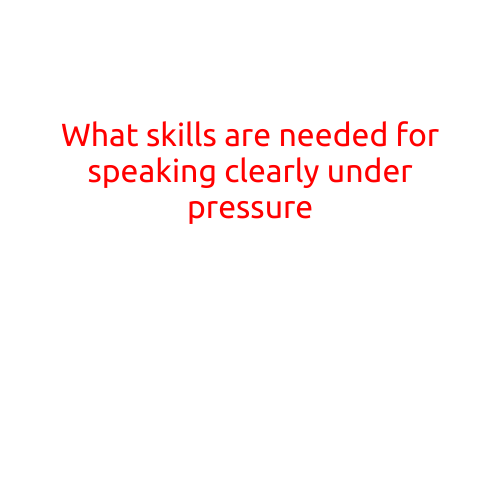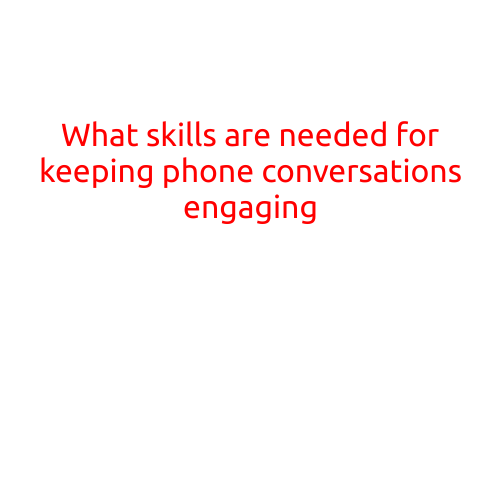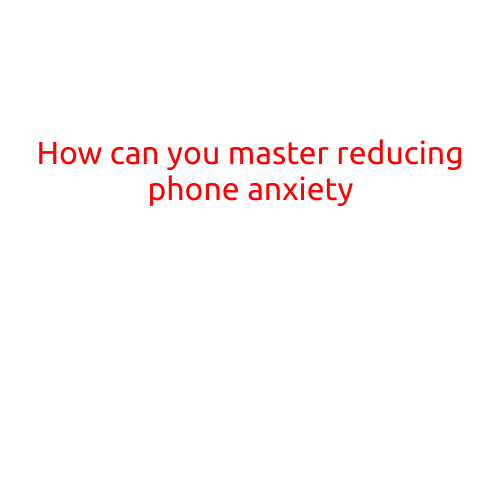
How Can You Master Reducing Phone Anxiety?
In today’s digital age, smartphones have become an integral part of our daily lives. However, with great power comes great responsibility, and many of us have come to realize that our constant connection to our phones can be a source of significant anxiety. Phone anxiety, also known as nomophobia or mobile phone anxiety, is a common phenomenon that affects millions of people worldwide. If you’re one of the many who struggle with phone anxiety, fret not! This article is here to guide you on how to master reducing phone anxiety and take back control of your life.
What is Phone Anxiety?
Phone anxiety is a fear of not being able to use your phone or being disconnected from it. It’s a feeling of unease, worry, or even panic when you’re away from your phone or unable to access it. This anxiety can stem from various sources, including:
- Fear of missing important updates or messages
- Fear of losing contact with friends and family
- Fear of being left out of social events or activities
- Fear of being unable to access vital information or resources
Symptoms of Phone Anxiety
If you’re experiencing phone anxiety, you might notice some common symptoms such as:
- Irritability or agitation when away from your phone
- Difficulty sleeping due to the constant need to check your phone
- Feeling anxious or stressed when your phone is low on battery
- Avoiding social situations or events due to fear of being cut off from your phone
- Feeling a sense of dread when leaving your phone at home or in the car
Ways to Reduce Phone Anxiety
Now that we’ve explored the causes and symptoms of phone anxiety, it’s time to discuss some effective ways to reduce it. Here are some strategies to help you master reducing phone anxiety:
- Set Boundaries: Establish a routine for when and how you use your phone. Set specific times to check your phone, and stick to it. This will help you avoid constant notifications and minimize the temptation to constantly check your phone.
- Practice Phone-Free Time: Designate phone-free times or activities, such as during meals, conversations, or relaxation time. This will help you disconnect from your phone and focus on the present moment.
- Disconnect from Social Media: Remove social media apps from your phone or limit your usage to specific times of the day. This will help reduce the constant stream of notifications and minimize the anxiety-inducing fear of missing out.
- Use Phone-Supporting Tools: Utilize phone-supporting tools such as apps that track your phone usage, apps that help you stay focused, or apps that promote relaxation and well-being.
- Develop Alternative Relaxation Techniques: Learn alternative relaxation techniques such as meditation, deep breathing, or yoga to reduce stress and anxiety. This will help you cope with phone-related anxiety and find peace in the absence of your phone.
- Prioritize Human Connection: Focus on building meaningful relationships with friends, family, and like-minded individuals. This will help you recognize that true connection and community are not dependent on your phone.
- Seek Professional Help: If your phone anxiety is severe or interferes with your daily life, consider seeking professional help from a mental health professional. They can guide you through counseling or therapy to address underlying issues and develop coping strategies.
Conclusion
Phone anxiety is a common and debilitating condition that can significantly impact daily life. However, by implementing the strategies outlined above, you can master reducing phone anxiety and take back control of your life. Remember to set boundaries, practice phone-free time, disconnect from social media, and seek help when needed. With persistence and patience, you can overcome phone anxiety and live a more balanced, technology-filled life.
